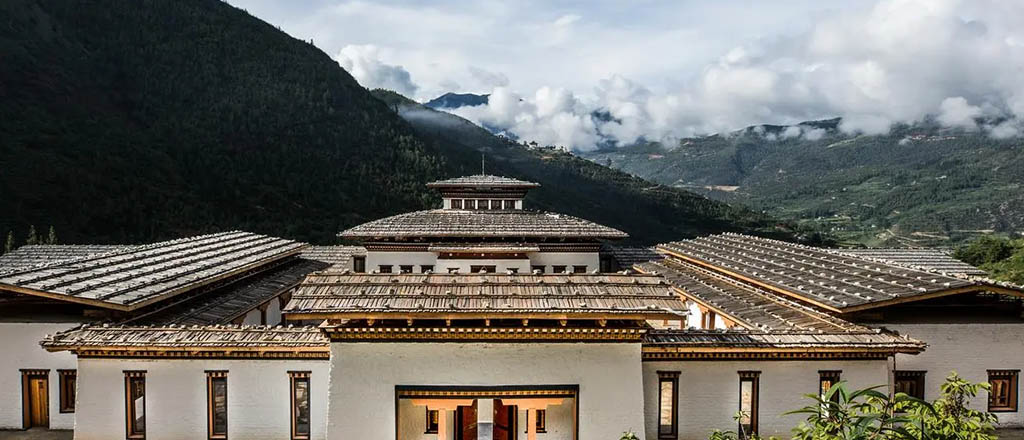
Luxury travelers used to be content to stay in a five-star resort and rarely venture out. Luxury travel has changed significantly in recent years, and people are far more daring. People are more interested in learning about local customs and cuisine than ever before. The new challenge is to do this while remaining socially distant and safe.
The definition of luxury travel has unquestionably changed over time. Those attempting to appeal to this new generation of travel enthusiasts face many difficulties. Here’s what modern luxury travelers want and how luxury travel firms may cater to their needs. Each person’s definition of luxury is different, but a few fundamental qualities are becoming increasingly significant to rich travelers. This luxury travel blog will provide you with an insight into the mindset of today’s travelers.
According to ARC, the worldwide luxury travel market is expected to grow to $8460 million in 2024 from $5200 million in 2019. As per a Resonance survey, the wealthiest 5% of the population travel 14.3 times a year on average, half for work and a half for pleasure. So, what are the new luxury travel trends? What aspects of luxury hospitality are most important in attracting and retaining customers?
1. Travelling safely.
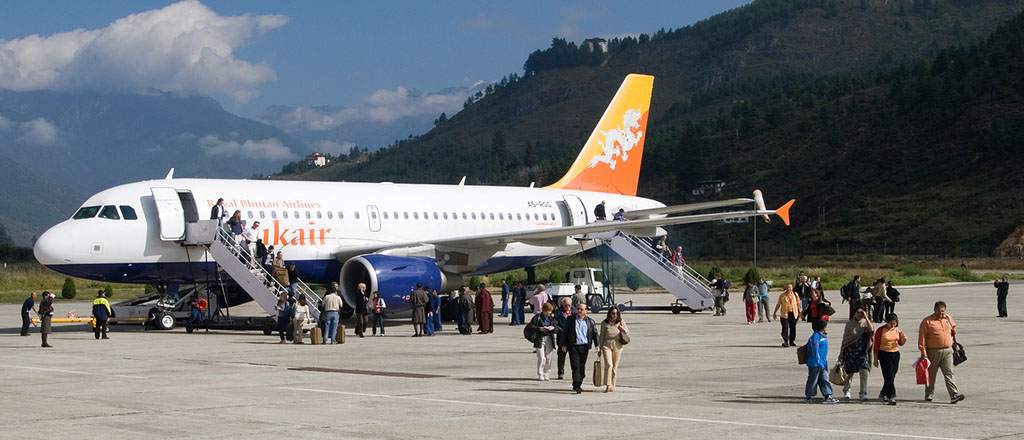
The impact of the worldwide pandemic on the tourism industry and travellers has been disastrous. In the coming years, it will be critical for locations and hotels to provide tourists with a safe and reassuring experience.
When choosing a location, the perception of safety and vaccination coverage will become increasingly important to luxury travelers. Another essential issue to consider is the simplicity with which PCR testing may be done. Luxury hotels and villas with private pools are quite popular when it comes to housing. In-room spas and gyms are also appealing to affluent travelers.
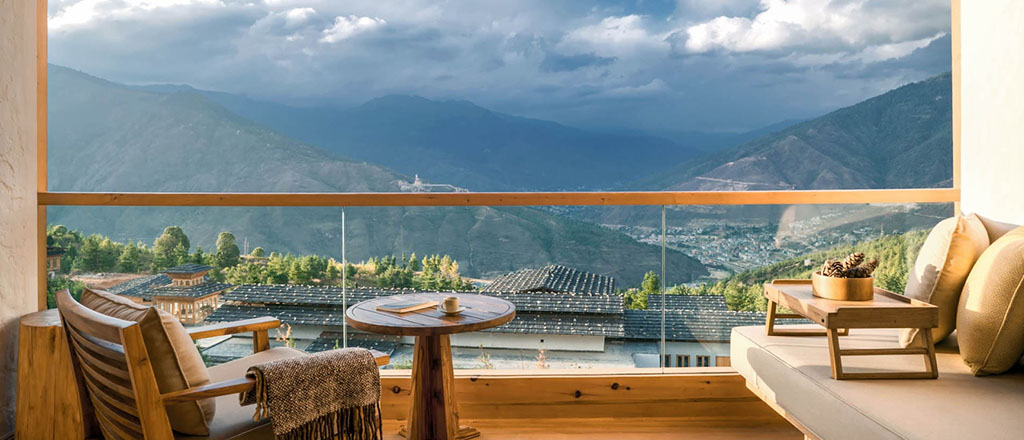
Temperature monitoring, better guest room cleaning, and social segregation in restaurants and common spaces are also necessary. Observing these processes, however, is still insufficient to reassure potential guests.
Members of the luxury travel industry should prominently advertise these safety procedures on their websites, with further assurance provided in the booking confirmation. Many luxury hotels provide complimentary hand sanitizer and much more.
2. Tailored Vacations.
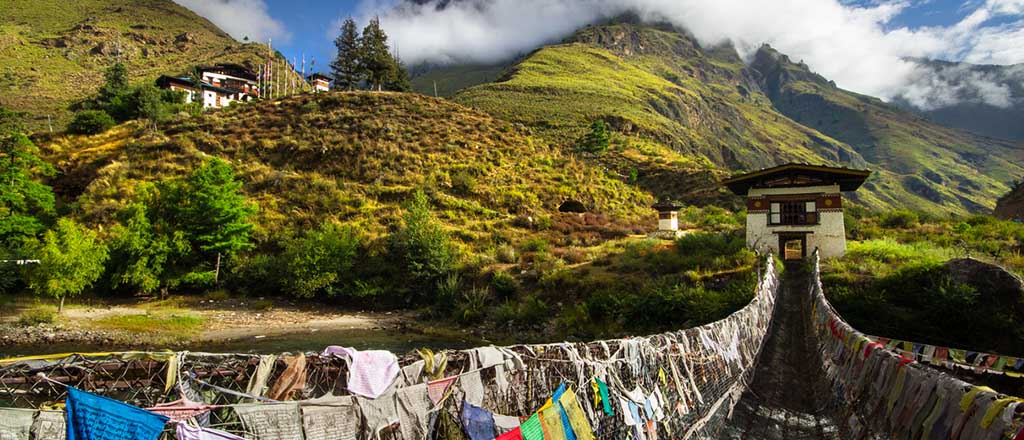
Creating a personalized experience is, perhaps, the most crucial aspect of a luxury trip. According to a recent study conducted by Virtuoso for YouGov, 80% of travelers would be willing to pay extra for brands that cater to their specific needs.
If you send them information unique to their needs, the process can begin before they arrive. For example, when they arrive at your resort, a quick poll asking about their choices for newspapers and wake-up calls will save them time.
Check if they are celebrating a specific occasion and, if so, when. You may also include a link to tourist information about the area, such as insider recommendations from your hotel manager on your hotel’s website. Details on your children’s club and activities may be valuable to people with children. Couples could be interested in learning about dining on their feet in the sand or getting a couple of massages.
Personalised welcome messages are always a great addition. Some hotels even print and frame a photo of their guests from their social media accounts. This may be a step too far for some who value their privacy; therefore, it’s advisable to judge this based on their social media presence. In any case, knowing their social profiles will help you greet them by name as soon as they enter your institution.
It’s a good idea to offer guests a personalized message with a feedback form once they’ve checked out. If they return, all of this information will be crucial so that you can completely enhance their stay for a continued premium service.
3. Travel flexibility.
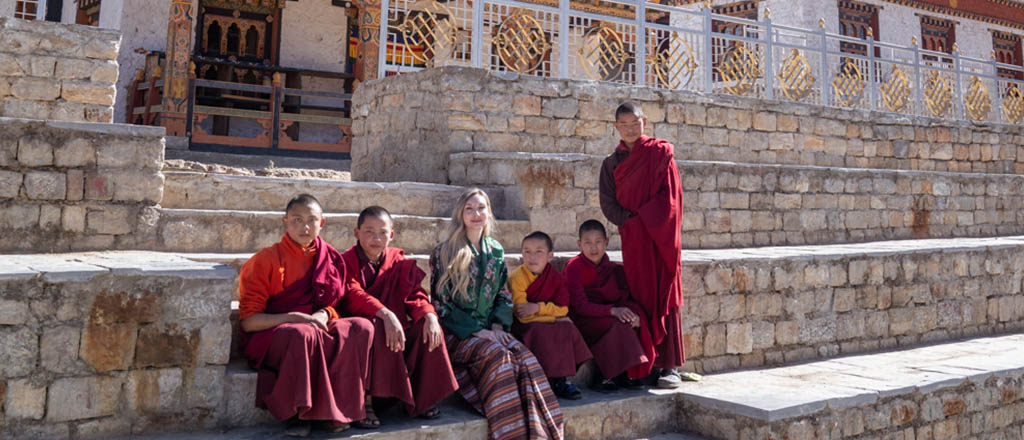
With today’s seasoned luxury travelers, a one-size-fits-all strategy will not work. On the other hand, luxury brands are sought after for their flexibility and can-do attitude. The no-fee cancellation policy will reassure travelers concerned about the rapidly changing government travel requirements. Most travelers’ wish lists include early check-in and late check-out if possible. Flexible itineraries are likewise in high demand.
Micro-trips are becoming more popular, and 7-night vacations are becoming less common. Luxury tours that provide shorter excursions would undoubtedly gain. Cruises have typically been quite uniform, especially in terms of food options. Guests had to select between early or late meals, and they had to stay with the same table and fellow passengers for the duration of their trip.
4. Customized and Private Tours.
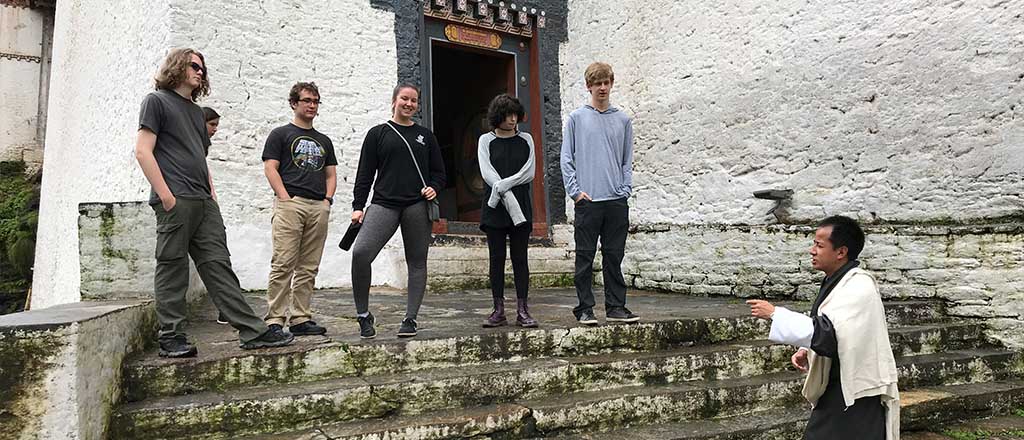
A growing number of tourists opt to take a tour around their selected off-beat destination. All of this relates to their desire to learn about the country they’re visiting. The most popular trips focus on food and shopping in general. Luxury travelers choose customized and personalized experiences over huge group tours.
According to a TripAdvisor poll, family-friendly trips are the most popular. Last year, bookings for these tours surged by more than 200 percent, with a 291 percent increase for US visitors. Classes and workshops have also seen a 90 percent increase over the previous year. While on vacation, many are eager to learn a new talent, such as surfing or salsa dancing.
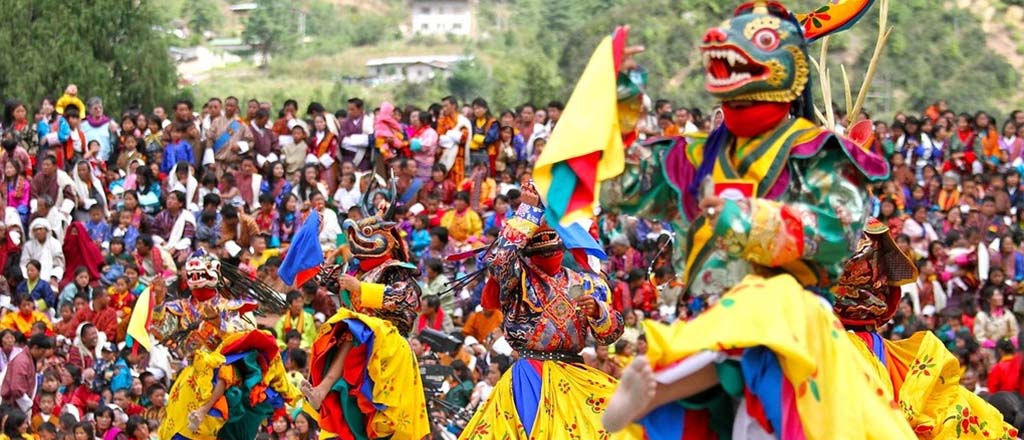
Cultural events, as well as wellness experiences, are in high demand. These trips will appeal to affluent travelers if they have a time-saving feature.
If your business does not provide these activities and tours, try partnering with a local company that does. Adventure vacations and safaris account for the lion’s share of the tailored market in terms of real trips.
5. Experiential Travel.
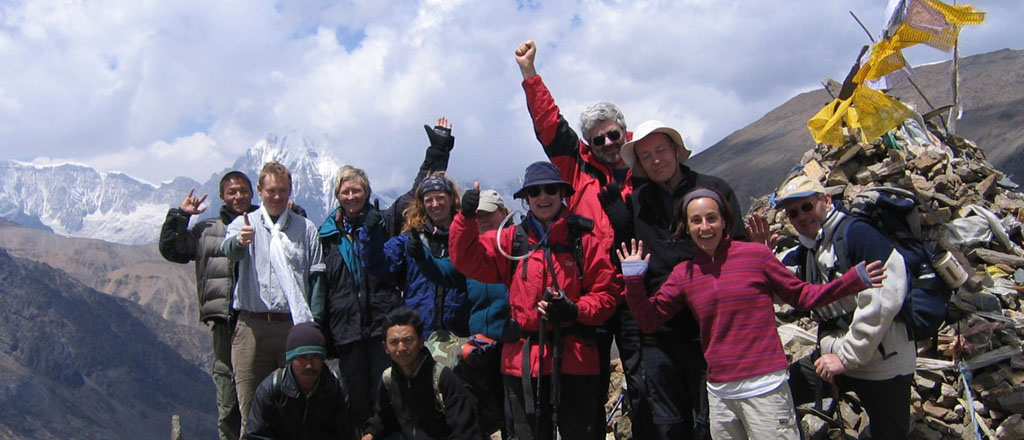
According to surveys, unique experiences, not possessions, constantly make us happy. Connecting with local communities and experiencing a different life is at the heart of immersive travel. Furthermore, almost two-thirds of high-end vacationers engage in bucket-list activities regularly.
Experiential travel is a trendy term, but what exactly does it imply? What makes a journey a true adventure rather than just a vacation?
All of the following things play a role:
- Authentic experiences, as opposed to only pleasant ones. The good, the terrible, and the ugly are all here!
- Exclusivity – a private residence tour or sold-out concert tickets are experiences that money can’t purchase.
- Insider information – including recommendations from locals on the finest places to eat, shop, and explore in your destination.
- Trying something new – according to a Skift survey, 65 percent of travellers prefer to try something new rather than return home rested and comfortable. They don’t just want to watch a cooking demonstration; they want to go on a market tour and participate in a hands-on cooking session.
6. Frictionless Travel.
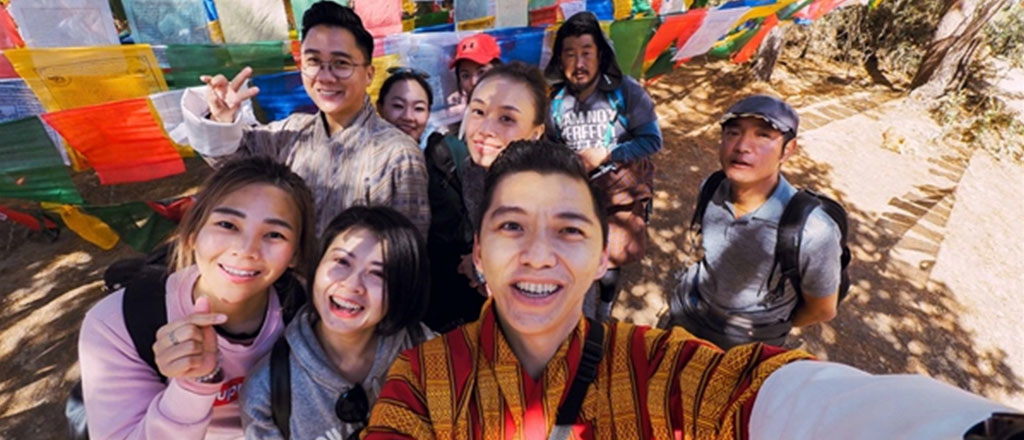
Luxury travellers are looking for ways to simplify their journeys since travel has become more complicated. The concept of frictionless travel is something that many people strive for. Your guests will reward you with their loyalty if you can streamline their experiences. This could involve hiring a private car to transport them to and from the airport or allowing them to check in ahead of time using an app.
Thanks to smart technology, companies are getting closer to achieving hassle-free travel. Passengers, especially business travellers, increasingly seek information before embarking on their journey.
They can obtain this information in real-time thanks to new technology. Weather forecasts, restaurant recommendations, and traffic updates – all can be made available through mobile apps.
Many high-end hotel companies have installed smart rooms that allow visitors to use mobile apps to manage lighting, temperature, and music. Some hotels also allow you to book wellness treatments at their spa. Safety is another benefit of frictionless travel. High-net-worth travelers will appreciate the extra security of aircraft tracking and real-time incident warnings.
7. Wow Factor.
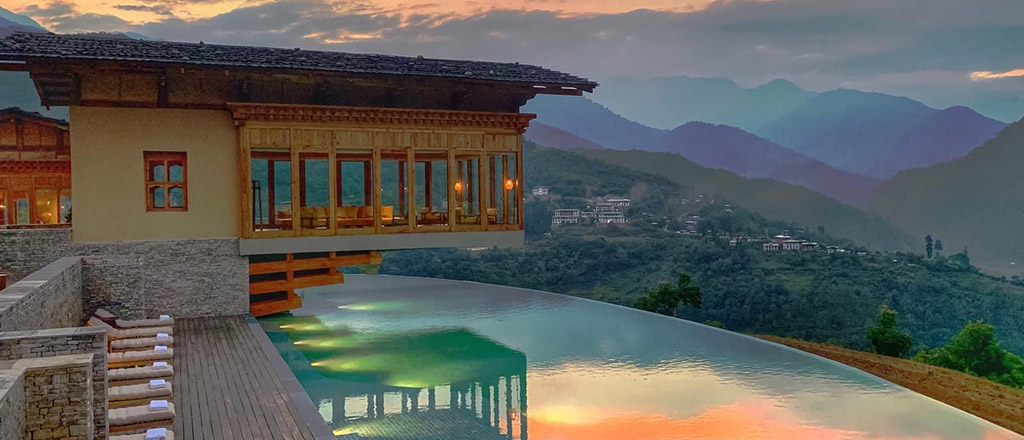
In general, wealthy travelers prefer to stay in more luxurious accommodations than their own residences. Private pools and saunas, for example, are included in this category. However, due to Instagram, this high-end lifestyle also includes elements such as geometric tiled flooring, a well-stocked library, chairs suspended from the ceiling, and a plethora of hanging plants. Restful color palettes in tones of pink and grey and bragging rights are all essential.
8. Attention to Details.
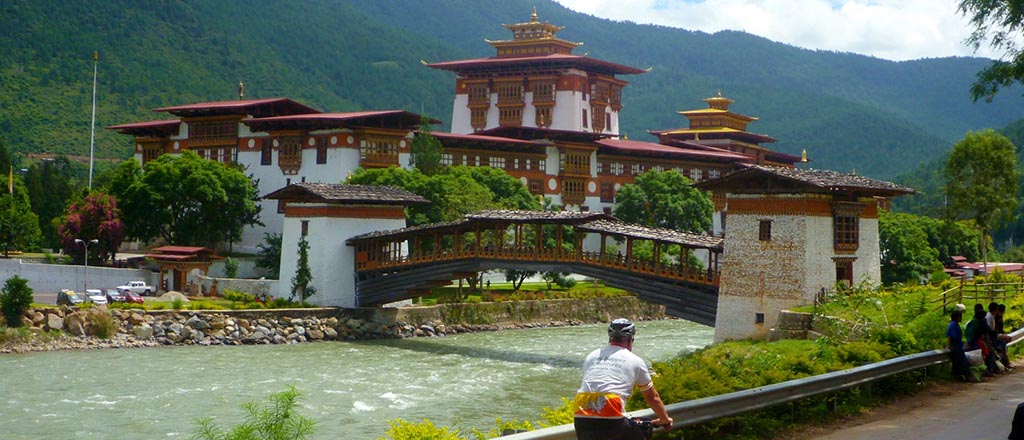
Hotels may really shine when it comes to guest amenities. Some Bhutanese hotels will leave you with a daily mantra to consider. In luxury accommodations, health and well-being is a hot topic. Bicycles and running maps are available for borrowing at many hotels. If you forget your headphones, some may even lend them to you.
9. Hidden Gems.
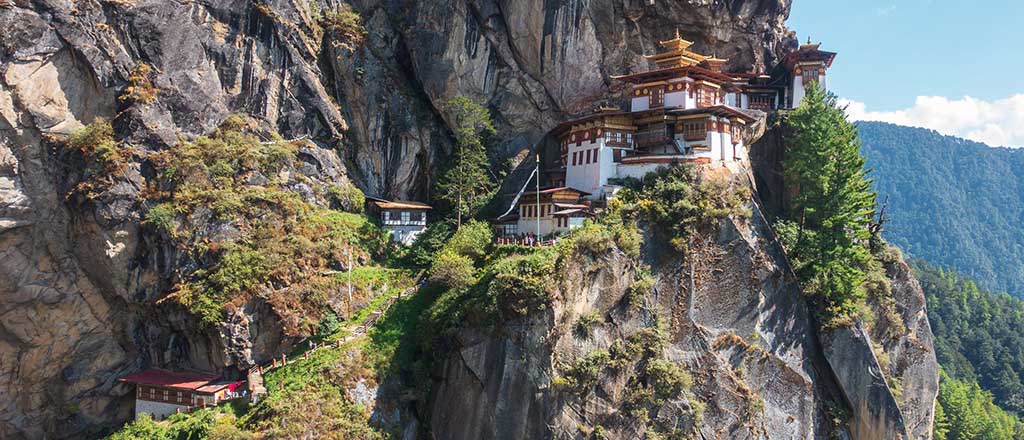
Famous tourist spots like Paro and Thimphu indeed remain popular. On the other hand, many luxury buyers and travelers are looking for areas off the usual route.
This is largely due to the efforts of tourist organisations to reduce over-tourism. Responsible tourism entails visiting lesser-known areas and learning about the culture of the people who live there. You may find an uncrowded option close to most major attractions if you do some research.
10. Responsible Travel.
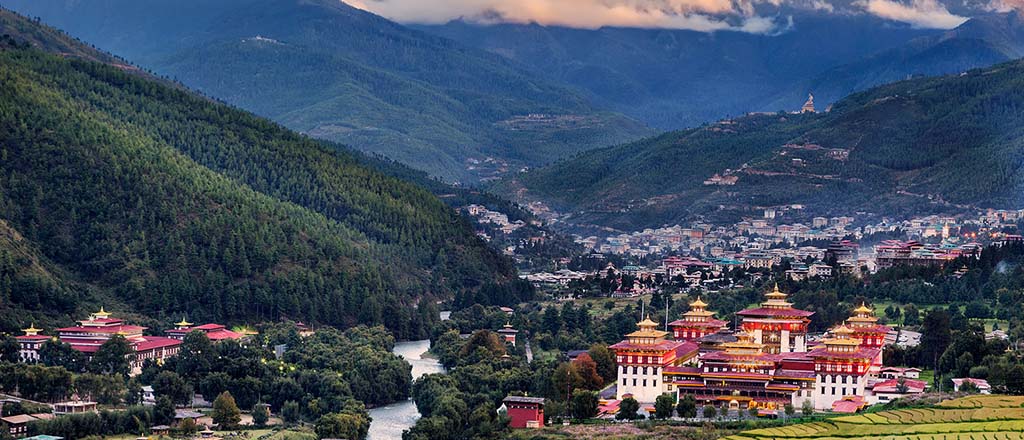
Sustainability is becoming a more important issue for luxury travellers, even though it isn’t always a decisive factor when choosing a place to stay.
For example, a country like Bhutan places a high value on ‘Gross National Happiness,’ including sustainable tourism. Suppose you’re one of the lucky few who gets to visit Bhutan every year; in that case, our Bhutan vacations will reveal the secrets of this tiny Himalayan nation while also helping to protect the delicate environment.
Small group and custom excursions are carefully led by locals, often from the region you’re visiting, who can provide you with unrivalled insights into Bhutan’s Buddhist legacy. They’ll take you to colorful festivals and calm monasteries, as well as city marketplaces and perhaps even a stunning hiking trip in the Himalayas.
11. A Sense of Place.
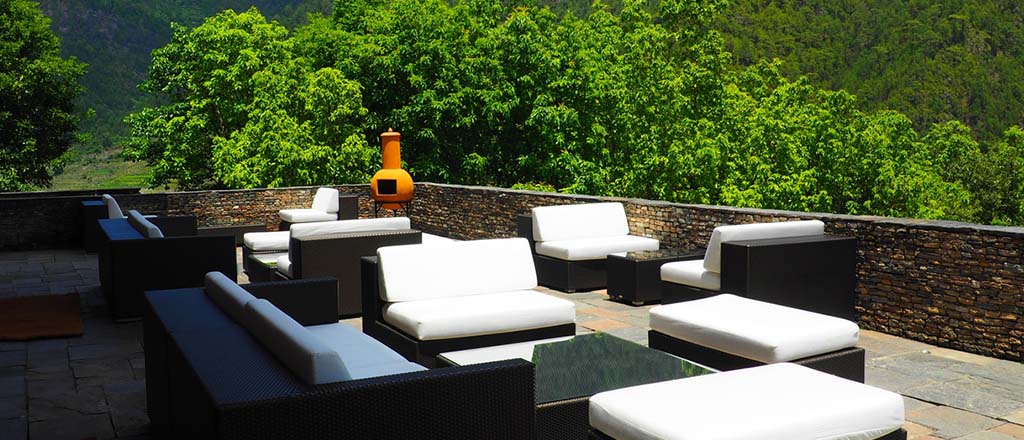
How often have you stayed somewhere that mirrored the local culture and environment? Unfortunately, finding lodging that includes local artwork and food is difficult.
To appeal to as many people as possible, many hotels feature bland decor and cuisine. Luxury travelers, on the whole, do not want to wake up feeling as if they might be anywhere in the world. They want their lodging to mirror how they feel about themselves — fashionable and one-of-a-kind.
Wherever you are, travel with this moment in mind which is all you ever have. If you are pleasant at this moment, invariably you will crush everyday.
If you’re mind, body, emotions and energy are at ease every moment and relaxed no matter what you are conducting at this moment. You embrace everything that comes your way and you enjoy any country you visit.

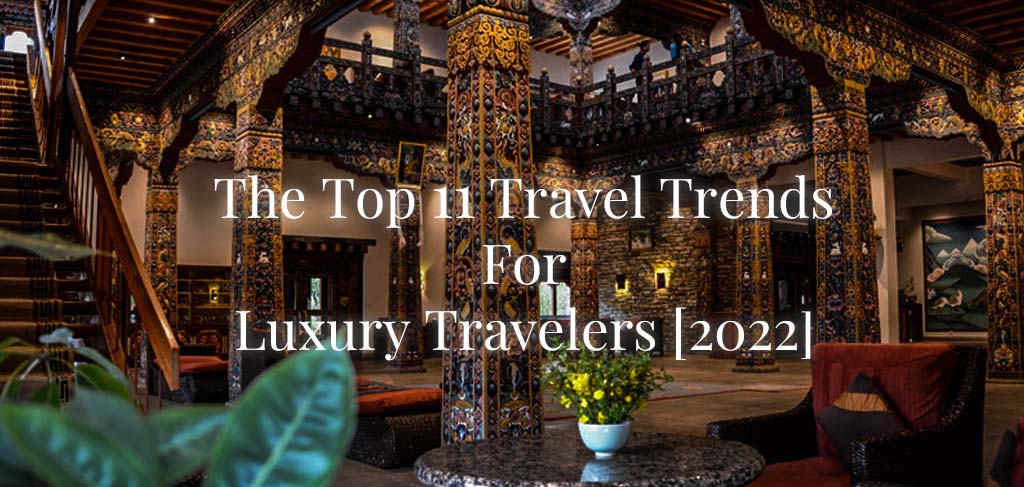


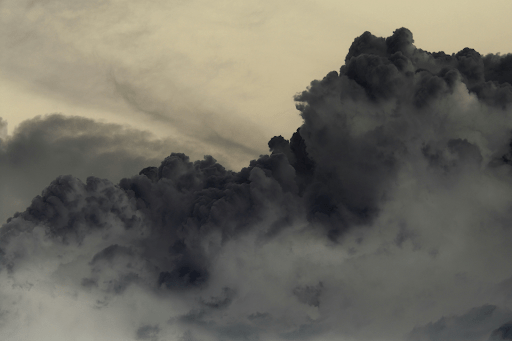
Recent Comments